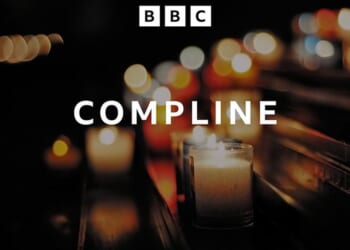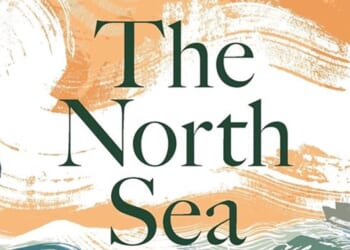(LifeSiteNews) – Canada’s top constitutional freedom group warned that government officials have “relinquished” control over “future health crises” by accepting the terms of the World Health Organization’s (WHO) revised International Health Regulations (IHR).
The warning came in a report released by the Justice Centre for Constitutional Freedoms (JCCF). The group said that Prime Minister Mark Carney’s acceptance earlier this year of the WHO’s globalist-minded “pandemic agreement” has “placed Canadian sovereignty on loan to an unelected international body.”
“By accepting the WHO’s revised IHR, the report explains, Canada has relinquished its own control over future health crises and instead has agreed to let the WHO determine when a ‘pandemic emergency’ exists and what Canada must do to respond to it, after which Canada must report back to the WHO,” the JCCF noted.
The report, titled Canada’s Surrender of Sovereignty: New WHO health regulations undermine Canadian democracy and Charter freedoms, was authored by Nigel Hannaford, a veteran journalist and researcher.
The WHO’s IHR amendments, which took effect on September 19, are “binding,” according to the organization.
As reported by LifeSiteNews, Canada’s government under Carney signed onto them in May.
Hannaford warned in his report that “(t)he WHO has no legal authority to impose orders on any country, nor does the WHO possess an army, police, or courts to enforce its orders or regulations.”
“Nevertheless, the WHO regards its own regulations as ‘an instrument of international law that is legally binding on 196 countries, including Canada” he wrote.
Hannaford noted that “Surrendering Canada’s sovereignty” to the IHR bodies is itself “contrary to the constitutional principle of democratic accountability, also found in the Canadian Charter of Rights and Freedoms.”
“Canada’s health policies must reflect the needs, desires, and freedoms of Canadians – not the mandates of distant bureaucrats in Geneva or global elites in Davos. A free and democratic Canada requires vigilance and action on the part of Canadians. The time to act is now” he wrote.
Among the most criticized parts of the agreement is the affirmation that “the World Health Organization is the directing and coordinating authority on international health work, including on pandemic prevention, preparedness and response.”
While the agreement claims to uphold “the principle of the sovereignty of States in addressing public health matters,” it also calls for a globally unified response in the event of a pandemic, stating plainly that “(t)he Parties shall promote a One Health approach for pandemic prevention, preparedness and response.”
Constitutional lawyer Allison Pejovic noted that “(b)y treating WHO edicts as binding, the federal government has effectively placed Canadian sovereignty on loan to an unelected international body.”
“Such directives, if enforced, would likely violate Canadians’ Charter rights and freedoms,” she added.
Hannaford said that “Canada’s health policies must be made in Canada.”
“No free and democratic nation should outsource its emergency powers to unelected bureaucrats in Geneva,” he wrote.
The report warned that new IHR regulations could mandate that signatory nations impose strict health-related policies, such as vaccine mandates or lockdowns, with no “public accountability.”
“Once the WHO declares a ‘Pandemic Emergency,’ member states are obligated to implement such emergency measures ‘without delay’ for a minimum of three months,” the JCCF said.
“Canada should instead withdraw from the revised IHR, following the example of countries like Germany, Austria, Italy, the Czech Republic, and the United States,” the JCCF continued. “The report recommends continued international cooperation without surrendering control over domestic health policies.”
Earlier this year, Conservative MP Leslyn Lewis condemned the Liberal government for accepting the WHO’s IHR.















